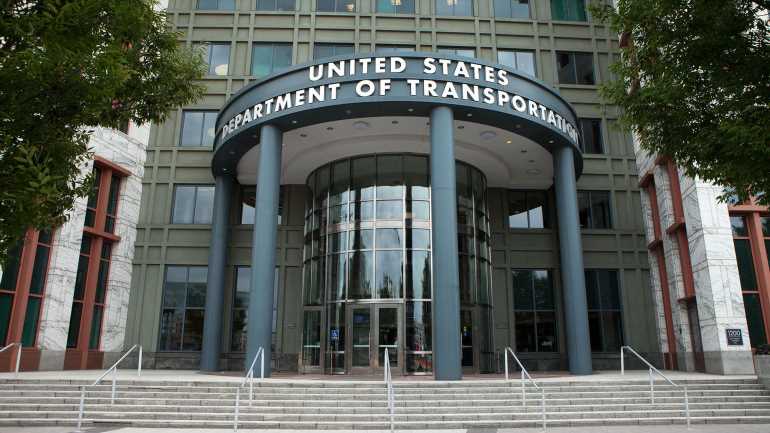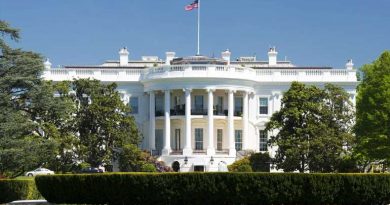DOT smooths process for adding aviation consumer protection rules
The Transportation Department has finalized a rule that aims to streamline the DOT’s ability to issue new regulations protecting consumers from unfair and deceptive practices by airlines and travel agencies.
The rule revises changes finalized by the department during the final two months of the Trump administration, which drew praise from the airline industry and ASTA but criticism from consumer advocates.
Those November 2020 changes included a requirement that the DOT hold formal hearings as it develops consumer-protection regulations that haven’t been mandated by Congress, provided that an interested party files a petition asking for such a hearing and that the objections raised in the petition are plausible.
Under the new rule, petitioners must meet a higher standard to attain a hearing, demonstrating that the objections are “credible and convincing.” In addition, hearings will only be granted if they meet a “public interest” standard set by the DOT.
- Related: DOT proposes airline refunds for delayed bags
Those changes, and related ones finalized by the Biden administration on Monday, address concerns that the November 2020 rules will draw out the process of developing new consumer protections for air travelers.
The DOT noted that most of its consumer-protection regulations — such as ones that regulate overbooking, tarmac delays and fare advertising — are based upon its authority to prohibit unfair and deceptive practices.
Planned rulemaking related to airline ticket refunds and the transparency of airline ancillary fees will also be based upon the the DOT’s authority to prohibit unfair and deceptive practices.
Additional revisions finalized by the DOT on Monday would streamline the hearing process itself in cases in which hearings are granted. Notably, the department now has the option of appointing a hearing officer from among its staff rather than being required to appoint an outside officer. The hearing officer also now has discretion to determine whether and how testimony will be allowed during the hearing process.
The DOT also said that it will soon issue new guidance on the definitions of “unfair” and “deceptive” for the purposes of aviation consumer protection, a move that will revise changes completed under the Trump administration’s DOT in November 2020.
- Related: DOT takes another look at how families are split on airplanes
Under that 2020 definition, a practice is unfair “if it causes or is likely to cause substantial injury, which is not reasonably avoidable, and the harm is not outweighed by benefits to consumers or competition.”
A practice is defined as deceptive to consumers “if it is likely to mislead a consumer, acting reasonably under the circumstances, with respect to a material matter.”
The DOT said Monday that those definitions “did not fully resolve the meaning of unfair and deceptive.”
Source: Read Full Article



